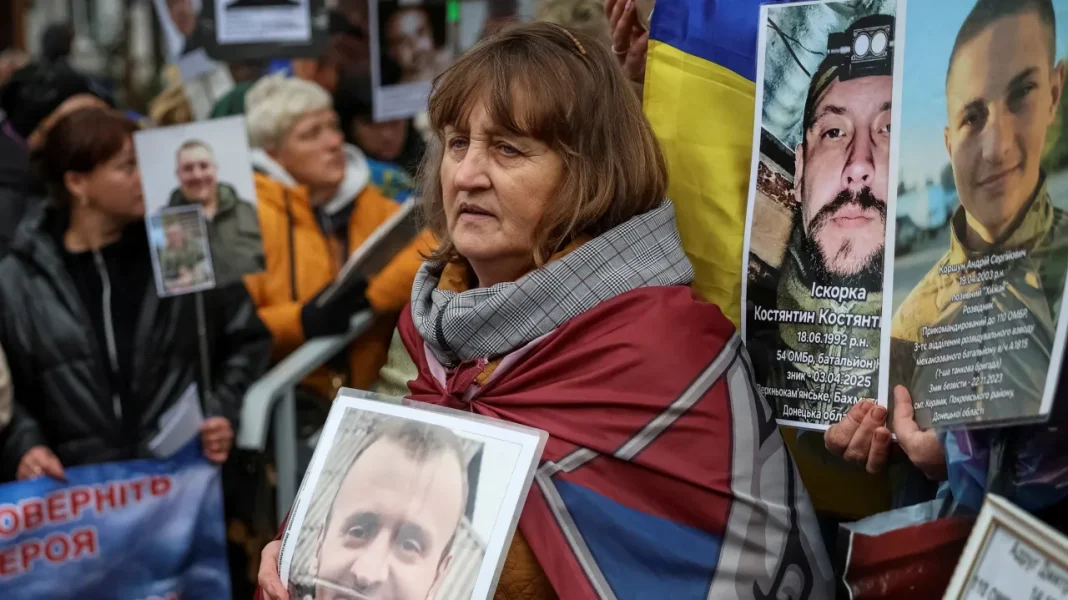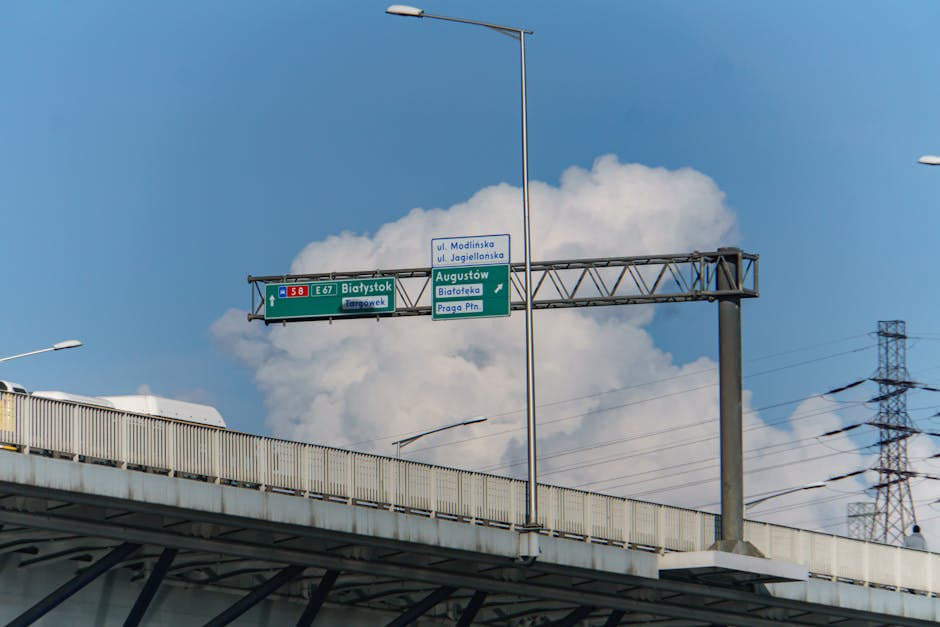The ongoing conflict between Ukraine and Russia has seen numerous efforts to address the humanitarian aspects of the crisis. In a significant development, the resumption of prisoner exchanges has been announced, signaling a potential easing of tensions. This measure, disclosed by Rustem Umerov, reflects ongoing diplomatic engagements.
Background of the Conflict

The conflict between Ukraine and Russia began in 2014, following Russia’s annexation of Crimea. This action sparked international condemnation and led to severe fighting in Eastern Ukraine, particularly in the Donbas region. Throughout the years, various attempts have been made to find a peaceful resolution, with mixed results. Prisoner exchanges have been a recurring aspect of negotiations, symbolizing a humanitarian gesture amidst the ongoing hostilities.
The resumption of these exchanges offers a glimpse of hope, as both sides continue to grapple with complex geopolitical dynamics. International organizations and governments have called for continuous dialogue, emphasizing the protection of civilians and respect for international law.
Details of the Prisoner Exchange

The latest prisoner exchange arrangements between Ukraine and Russia are part of a broader commitment to prioritize humanitarian efforts. Rustem Umerov’s announcement highlights ongoing negotiations facilitated by international mediators. While specific details regarding the number of prisoners or the timeline remain undisclosed, both countries appear committed to following through on the agreements.
Such exchanges typically involve combatants and civilians detained during hostilities. They serve not only as a step towards de-escalation but also help mend individual and communal relationships affected by war. Observers remain cautiously optimistic about the positive impact of these proceedings on future diplomatic efforts.
Challenges and Criticisms

Despite the positive outlook on prisoner exchanges, there are significant challenges and criticisms associated with these processes. Human rights organizations often voice concerns regarding the treatment and conditions of detainees. Reports of abuse or poor conditions in detention facilities have been points of contention, urging both governments to adhere to international standards.
Furthermore, the political climate around these exchanges can be volatile. Past agreements have sometimes collapsed due to mistrust and miscommunication, highlighting the fragile nature of such diplomatic maneuvers. Both nations face pressure from domestic factions that harbor deep-seated mistrust towards the other side, complicating negotiations.
International Reactions

The international community has closely monitored the situation, with various governments and organizations welcoming the announcement. Entities like the United Nations and the OSCE (Organization for Security and Co-operation in Europe) play a crucial role in facilitating dialogue and ensuring compliance with international humanitarian law.
Global leaders have urged both Ukraine and Russia to continue on this path, emphasizing the importance of maintaining momentum in peace talks. The renewed prisoner exchanges are seen as a positive signal, potentially paving the way for more comprehensive peace negotiations in the future.
The resumption of prisoner exchanges between Ukraine and Russia marks a pivotal moment in the ongoing conflict. While there are numerous hurdles ahead, such endeavors represent a step towards improving humanitarian conditions and achieving long-term reconciliation.
Source: Official OSCE website.





